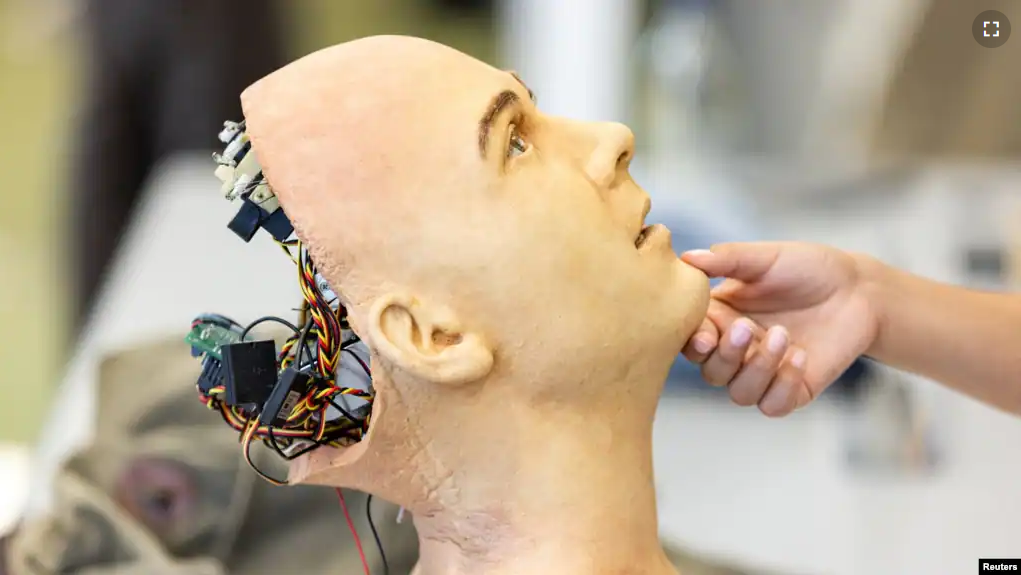Artificial intelligence technology is developing quickly. A new handbook aims to help technology developers make the best ethical decisions for the public.
The new handbook is called Ethics in the Age of Disruptive Technologies: An Operational Roadmap. It promises to give guidance on concerns related to the ethical use of AI technology such as ChatGPT.
The handbook has been in the works for a few years. But the writers said they saw a need to work on it with greater urgency with the recent increased use of AI.
ITEC
The Institute of Technology, Ethics and Culture (ITEC) released the handbook on June 28. ITEC was launched by Santa Clara University’s Markkula Center for Applied Ethics and the Vatican’s Center for Digital Culture.
Father Brendan McGuire worked in the technology industry before entering the priesthood about 23 years ago. He served as the executive director of the Personal Computer Memory Card International Association in the early 1990s.
McGuire said that over the years, he has continued to meet with friends from the tech world. Many of them are now leaders in the industry. About 10 years ago, their discussions started to get more serious, he said.
“They said, ‘What is coming over the hill with AI, it’s amazing, it’s unbelievable. But it’s also frightening if we go down the wrong valley,'” McGuire said.
McGuire said his former coworkers noted there is no system to make decisions. He got in touch with Kirk Hanson, who was head of the Markkula Center. He also contacted a local bishop, or Catholic religious official.
The three of them got together and thought about what they could do. They decided they should get the Vatican involved in their efforts. Involving the government of the Roman Catholic Church made sense to them because tech companies are international companies.
For McGuire, a Catholic priest, getting guidance from the Vatican was a natural step. He worked with Bishop Paul Tighe, who was serving as the secretary of the Vatican’s Dicastery for Culture and Education. The department works for the development of people’s human values.
McGuire said Pope Francis asked Tighe to look into addressing ethical concerns related to technology.
After a few years of working together, the Markkula Center and the Vatican officially created the ITEC program in 2019.
That same year, the Vatican held a meeting in Rome called “The Common Good in the Digital Age.” McGuire said about 270 people joined. Among them were American technology company leaders and experts in robotics, cyberwarfare and security.
After talking with tech leaders, the ITEC team decided to create a handbook to help companies think about how technology can be used in ethical ways.
The guidelines are not just for Catholics, McGuire said.
Ann Skeet is senior director of leadership ethics at the Markkula Center. She was one of the handbook’s writers. She said the handbook is written in a way that is familiar to business leaders.
This handbook comes as leaders in AI are calling for help. In May, Sam Altman of OpenAI stated the need for a new agency to help regulate the powerful systems. And Microsoft president Brad Smith said the U.S. government needs to “move faster” as AI progresses.
I’m Gregory Stachel.
Deana Mitchell reported this story for Voice of America. Gregory Stachel adapted it for VOA Learning English.
______________________________________________________________________
Words in This Story
ethical – adj. following accepted rules of behavior
priest – n. a person who has the authority to lead or perform ceremonies in some religions and especially in some Christian religions
address – v. to deal with (a matter, issue, or problem)
regulate – v. to bring (something) under the control of authority
